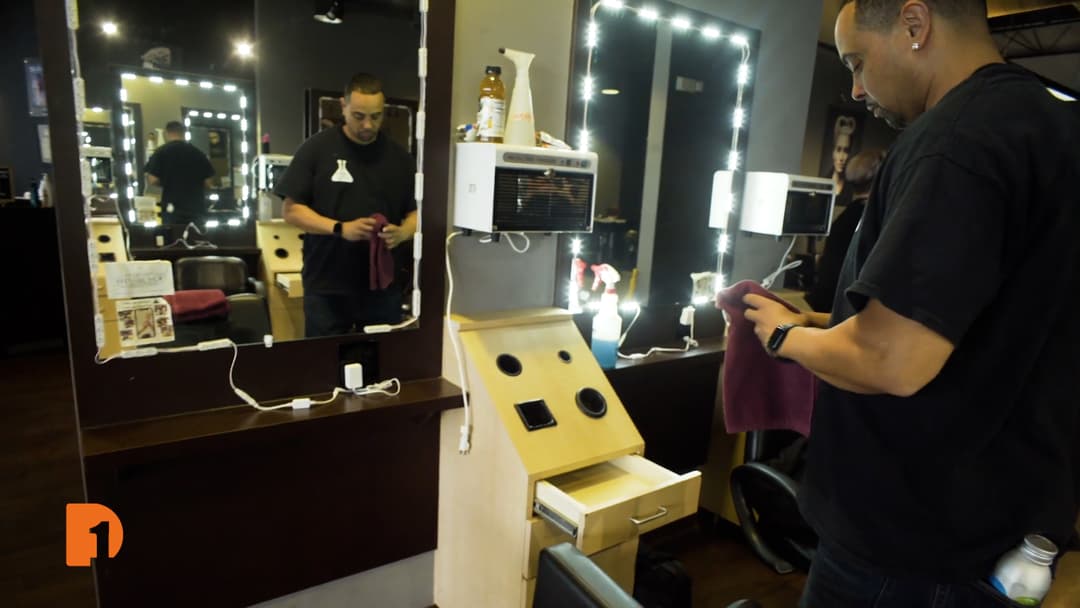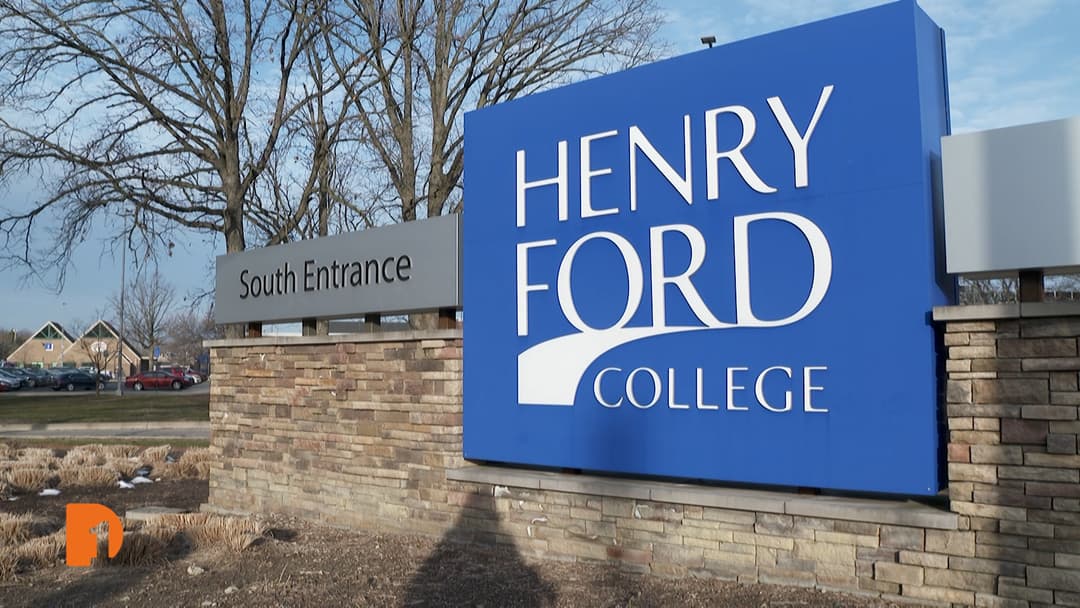Federal Pell Grants for prison inmates return, opening new possibilities for prison education programs
Dec 7, 2023
In Michigan, roughly 22% of the state’s formerly incarcerated population end up back behind bars, but education can have an impact on recidivism. A study from Emory University shows that recidivism rates drop to less than 14% after earning an associate degree, down to 5.6% after earning a bachelor’s degree, and nearly 0% with a master’s degree. More opportunities for returning citizens to learn in prison became accessible in July when Federal Pell Grants became available to the incarcerated again.
“This is a gamechanger. Across the country, we could see three-quarters of a million people go back to college who are incarcerated, and those people are very unlikely to return to prison once they’re released,” Dr. Richard Ray, a professor at Hope College involved with the Prison Education Program, said.
RELATED:
- Michigan’s returning citizens leverage prison work experiences to create new careers on the outside
- Returning citizens disproportionately locked out of Michigan’s workforce
During the 90s, harsher sentences grew the nation’s prison populations and Federal Pell Grants were eliminated for the incarcerated. Hundreds of programs vanished. Today, however, two Michigan colleges have been seeing success from their college prison initiatives, providing an education to people in prison so they’re better equipped to re-enter society.
The Calvin Prison Initiative, from Calvin University in Grand Rapids, has been running its prison education program at Handlon Correctional Facility in Ionia since 2015. Hope College and Western Theological Seminary teamed up to start its Hope-Western Prison Education Program in 2019, serving the inmates at the Muskegon Correctional Facility. They hope that more Michigan colleges and universities will join their efforts to educate Michigan’s prison populations.
One Detroit contributor Mario Bueno, who was formerly incarcerated, and senior producer Bill Kubota teamed up to explore how these prison education programs are helping the incarcerated prepare for jobs when they’re released.
Stay Connected:
Subscribe to One Detroit’s YouTube Channel and don’t miss One Detroit on Thursdays at 7:30 p.m. on Detroit PBS, WTVS-Channel 56.
Catch the daily conversations on our website, Facebook, Twitter @DPTVOneDetroit, and Instagram @One.Detroit
View Past Episodes >
Watch One Detroit Thursdays at 7:30 p.m. ET on Detroit Public TV on Detroit Public TV, WTVS-Channel 56.
Stay Connected
Subscribe to One Detroit’s YouTube Channel and don’t miss One Detroit on Thursdays at 7:30 p.m. and Sundays at 9 a.m. on Detroit PBS, WTVS-Channel 56.
Catch the daily conversations on our website, Facebook, Twitter @OneDetroit_PBS, and Instagram @One.Detroit
Related Posts
Leave a Reply
Your email address will not be published. Required fields are marked*


























